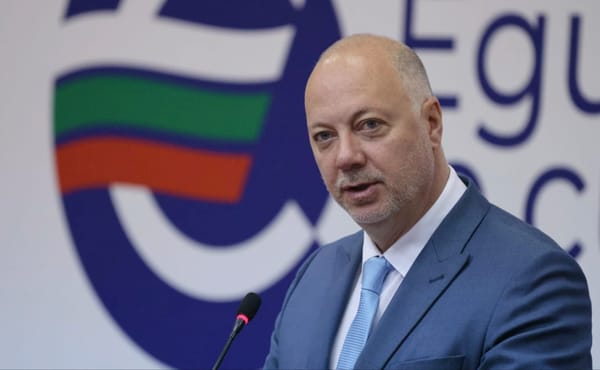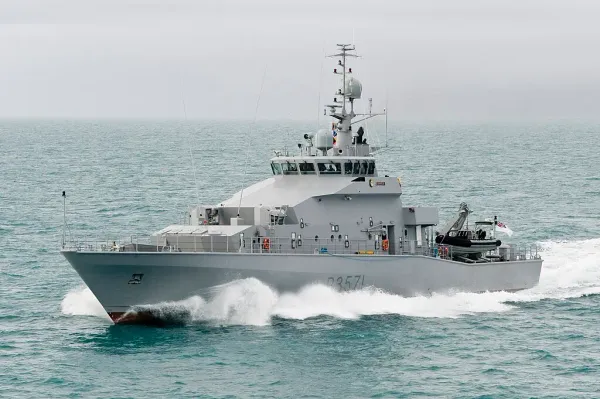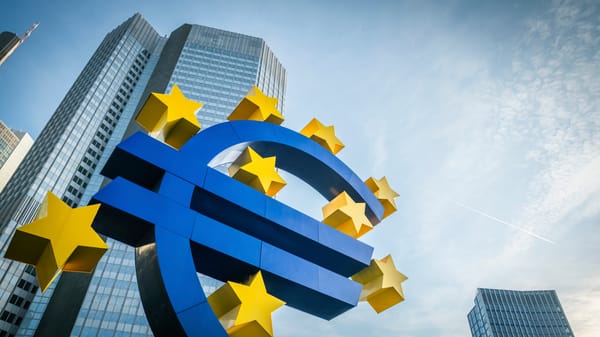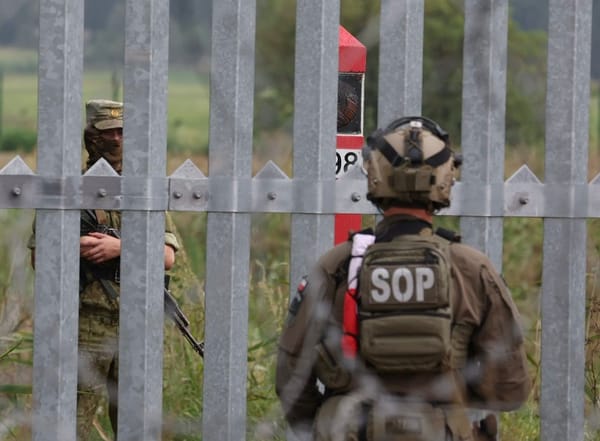
Western Balkans bounce back from 2020, but reforms needed to narrow gap with EU
Although the six Western Balkan countries aspiring to join the European Union, referred to as the WB6, are expected to have economic growth well above the EU average this year, the economic gap with member states remains large.
In GDP per capita per purchasing power terms, all of the WB6 were below half the EU average in 2020, when COVID-19 hit Europe, according to Eurostat. Kosovo was lowest, at 26%, followed by Albania at 31%, Bosnia and Herzegovina (33%), North Macedonia (38%), Serbia (43%) and Montenegro (46%). Bulgaria, the poorest EU member state, scored 55% of the bloc’s average, with Croatia at 64%.
WB6 economies bouncing back
However the overall picture in the region is promising: all WB6 countries are now being forecast to exceed earlier growth projections for 2021. Projected growth for the WB6 is 6.4%, according to last the European Banks for Reconstruction and Development (EBRD). Industrial production and rising exports to the EU have been the main drivers of growth in Bosnia and Herzegovina, North Macedonia and Serbia, while the rebound of the hospitality sector in the summer was the key factor for Albania, Montenegro and Kosovo.
Montenegro, which suffered the largest economic contraction due to the pandemic in 2020, is expected to grow 12.3% in 2021, Albania by 8%, Kosovo 7.7%, Serbia 6.5%, Bosnia and Herzegovina 5.5% and North Macedonia 4.4%. Although the figures are reason for optimism, the EU wants the WB6 to put structural measures in place for medium- and long-term sustainable growth and increased capacities to absorb financial support from the bloc.

Six countries, three EU accession categories
There are three distinct sets of WB6 countries in terms of EU candidate status. Ahead of the pack are Montenegro and Serbia, who are progressing in their negotiation processes, albeit slowly. The second pair are Albania and North Macedonia, who have candidate status and are waiting for accession talks to be green-lit. Neither Kosovo nor Bosnia and Herzegovina have formal candidate status, while both are considered laggards in market economy terms.
Increased foreign investment will also require political stability, as WB6 leaders acknowledged during EC President Ursula von der Leyen’s recent visit to the region. Serbian President Aleksandar Vucic said “any kind of destabilization, problems even if they aren’t big, create a huge problem for all of us in terms of attracting investors and the country’s image. It’s in our interest to try to advance our economy and work on rule of law,” after meeting Von der Leyen.
Regional Common Market shows real promise
For many years the EU has prioritised public procurement in aspiring member states, as accountability, limited transparency and EU procurement standards are often neglected. The EU considers the creation of the West Balkans Common Regional Market – and the accompanying implementation of EU standards and best practises – as having been an outstanding development. As the says the EC’s most recent enlargement report stated: “The Common Regional Market – an example of inclusive regional cooperation – will be crucial in increasing the attractiveness and competitiveness of the entire region, in speeding up the post-pandemic recovery, notably to attract investors looking for diversification of supply and shorter value chains, as well as in maximising the benefits of investments in connectivity infrastructure.”

The European Commission (EC) promotes structural reforms to ensure sustainable medium-term growth and movement towards achieving two main formal economic criteria for EU membership: a functioning market economy and competitive capacity for EU market forces. The EC measured WB6 level of preparation for EU membership in its recent annual progress report. The enlargement process is at a difficult juncture due to scepticism in the bloc.
Long-standing issues have increased Western scepticism on WB6
The EC identified serious issues across the WB6 regarding judiciaries, competition regulation and public procurement, all of which are obstacles to foreign investment. The EU’s Economic and Investment Plan for the Western Balkans aims to encourage regional economic development. The Economic Reform Programme, which the WB6 jointly adopted with the EU, meanwhile asks them to maintain macro-fiscal stability and address economic weaknesses.
There are consequently competing voices within the EU regarding enlargement. While some countries, including France, are sceptical, the member states who support Western Balkan memberships are encouraging sustainable economic growth, foreign investment, judicial reforms and the combatting of organised crime and corruption. This would contribute to a further improvement in the investment climate and a better preparedness for EU integration. None of the WB6 is a functioning market economy at present, according to the EC. However this has often been one of the final stages of EU accession, for example on the cases of Bulgaria and Romania.
Market reforms may pay off for WB6
There has been progress, however. The EC report found that some aspiring countries have achieved a better level of preparedness in establishing a functioning market economy. North Macedonia, a country that has had candidate status for almost 15 years without ever starting accession talks, is deemed to have a “good level of preparedness” for developing a functioning market economy. Serbia is assessed as at a “moderate to good level of preparedness”, while Montenegro and Albania are “moderately prepared”.
EU Enlargement and Neighbourhood Commissioner Oliver Varhelyi, said: “We are standing by the Western Balkans and Turkey with significant financial support through the new Instrument for the Pre-accession Assistance (IPA III), ” when he presented the reports in European Parliament. “The IPA III is also the main funding source for the almost EUR 30 billion Economic and Investment Plan for the Western Balkans, which aims to boost the region’s economic development and convergence with the EU as well as the long-term post-pandemic recovery,” the Hungarian commissioner underlined.





